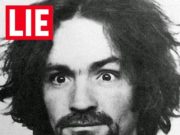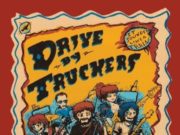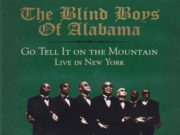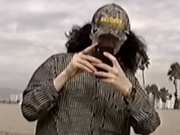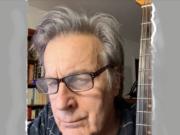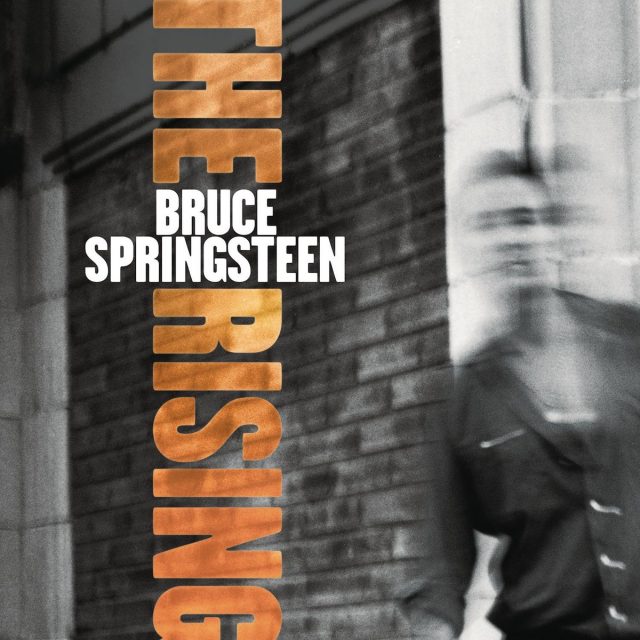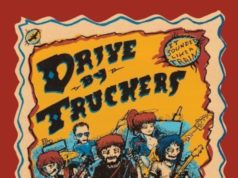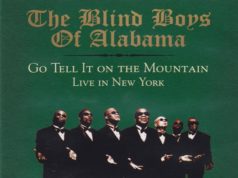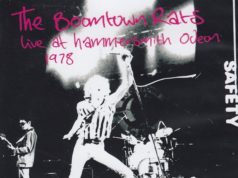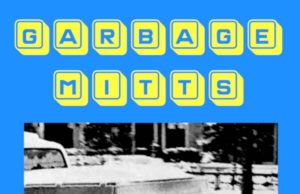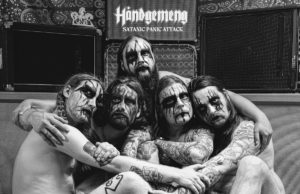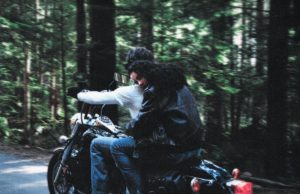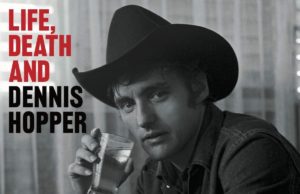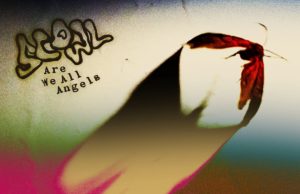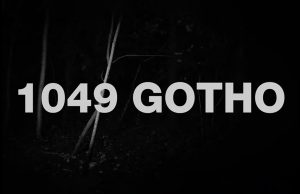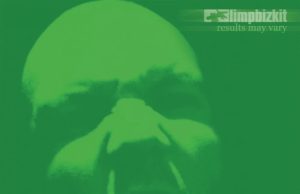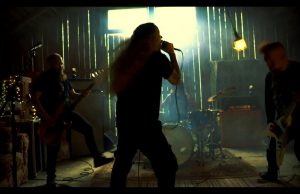This came out in 2002 – or at least that’s when I got it. Here’s what I said about it back then (with some minor editing):
A city devastated by tragedy. Families torn apart in an instant. Ordinary men and women transformed into heroes. Grieving people struggling to rise from the ashes of despair.
Since Sept. 11, these images and the tales that accompany them have become all too familiar to anyone who reads the paper, listens to the news or watches prime-time TV. But those who look to popular music for social commentary have come away almost empty-handed. With the exception of a few artists like the always-outspoken Neil Young, most rockers have remained strangely silent on last year’s terrorism, preferring escapism and populist sloganeering — Freedom, anyone? — over serious contemplation and topicality.
Then there’s Bruce Springsteen, a guy who seldom flinches from the harsh glare of reality. Last fall, he was the first musical performer on the America: A Tribute to Heroes telethon, delivering a stirring acoustic rendition of the unreleased song My City of Ruins. Now, with his long-awaited disc The Rising — his first studio effort in seven years and his first record with the E Street Band since 1984’s Born In The U.S.A. — Springsteen picks up right where he left off that night, weighing in with what will undoubtedly go down as rock’s first full-fledged, and very likely finest Sept. 11 album.
And who better to tackle the tough topic than America’s blue-collar poet laureate? After all, these subjects — family, pride, love, honour, patriotism and perseverance — have been right up his alley for decades. If you believe the hype, a lot of these tales were literally up his alley; supposedly, many of these songs were inspired by the stories of Bruce’s New Jersey neighbours. But whether they’re fact or fiction, they possess the ring of truth that Springsteen’s finest work always displays. Even better, they present moving human drama free of flag-waving jingoism and self-righteous chest-beating.
While these 15 songs are obviously going to resonate more with those south of the border, you don’t have to be American to appreciate the emotions behind them. Waitin’ On A Sunny Day and Lonesome Day, for example, examine the emotional and physical void left behind by the death of a loved one. You’re Missing and Countin’ On A Miracle echo the anguish of those waiting for news of a lost lover. Into The Fire is narrated by a woman rescued from a burning building by a firefighter, who then turns around and walks back “into the darkness of your smoky grave,” while The Rising views similar events through the firefighter’s soot-covered mask.
If those songs seem like downers, well, buckle up folks, because Springsteen is just warming up. Empty Sky eyeballs the changed Manhattan horizon, and finds its narrator torn between grief and vengeance: “I want a kiss from your lips / I want an eye for an eye.” Then there’s Nothing Man, the confession of an ordinary joe who becomes a hometown hero but is driven to suicide by guilt and remorse. He ends the song praying for guidance, with a handgun — “the pearl and steel on my nighttable” — within easy reach. Perhaps the darkest and most compelling cut is Paradise, which begins with the final thoughts of a suicide bomber (“In the crowded marketplace … I hold my breath and close my eyes / And I wait for Paradise”) and ends with a suicide bid by a victim’s spouse (“I sink ’neath the water, cool and clear / Drifting down I disappear”).
In the end, however, that narrator chooses life (“I break above the wave / I feel the sun upon my face”), and so does Springsteen. It’s no accident the disc is titled The Rising; although often downcast and haunting, many of these tracks are ultimately uplifting, even optimistic in their belief that time will heal the wounds and bring better days. Mary’s Place finds its hero attempting to return to the old friends, haunts and habits that now seem foreign: “We’re gonna have a party,” he promises, then sadly asks, “tell me, how do we get this thing started?” On a more global perspective, Bruce offers up Worlds Apart, which incorporates Middle Eastern flourishes and Pakistani vocalists to accent our cultural differences as Bruce makes a plea for brotherhood, tolerance and unity.
Too bad the rest of this 73-minute album isn’t quite as musically adventurous as Worlds Apart. While it’s a joy to hear the unmistakable sound of the E Street Band back in the studio again, they don’t really seem to get much of a workout here (Clarence Clemons in particular seems woefully under-used). Sure, a couple of tracks thump along to bruising midtempo rock grooves, but not surprisingly, the album is ballad-heavy. Even stranger, some of the rootsier numbers actually sound more like John Mellencamp than Springsteen. Only Mary’s Place harkens back to the Jersey-shore frat-rock of the band’s early days, and Bruce’s flirtations with strings and beatboxes here and there are little more than interesting diversions. If these are the contributions of producer and mixer Brendan O’Brien — whose previous clients include Pearl Jam and Rage Against the Machine — Bruce can go back to producing himself with our blessing.
Still, even if its musical power can’t match the emotional wallop of its lyrics — and even if a couple of tracks seem a little like filler — this album is ultimately a triumph. Like U2’s All That You Can’t Leave Behind, The Rising is a disc that marks the artistic and commercial rebirth of one of music’s most powerful artists.




